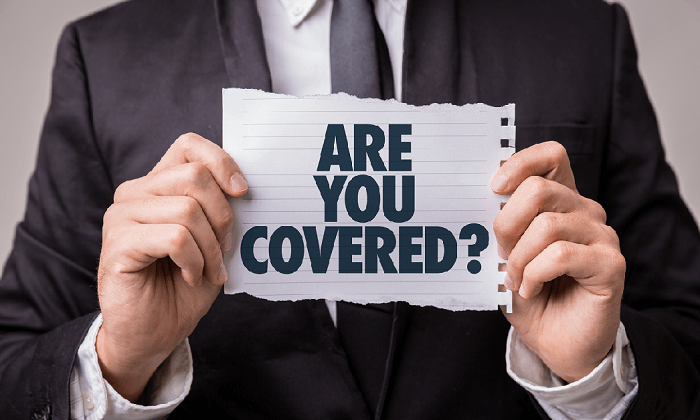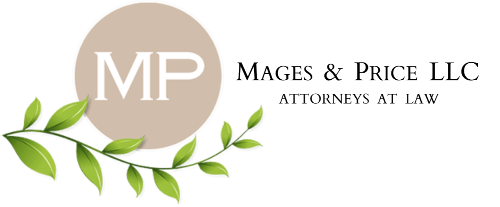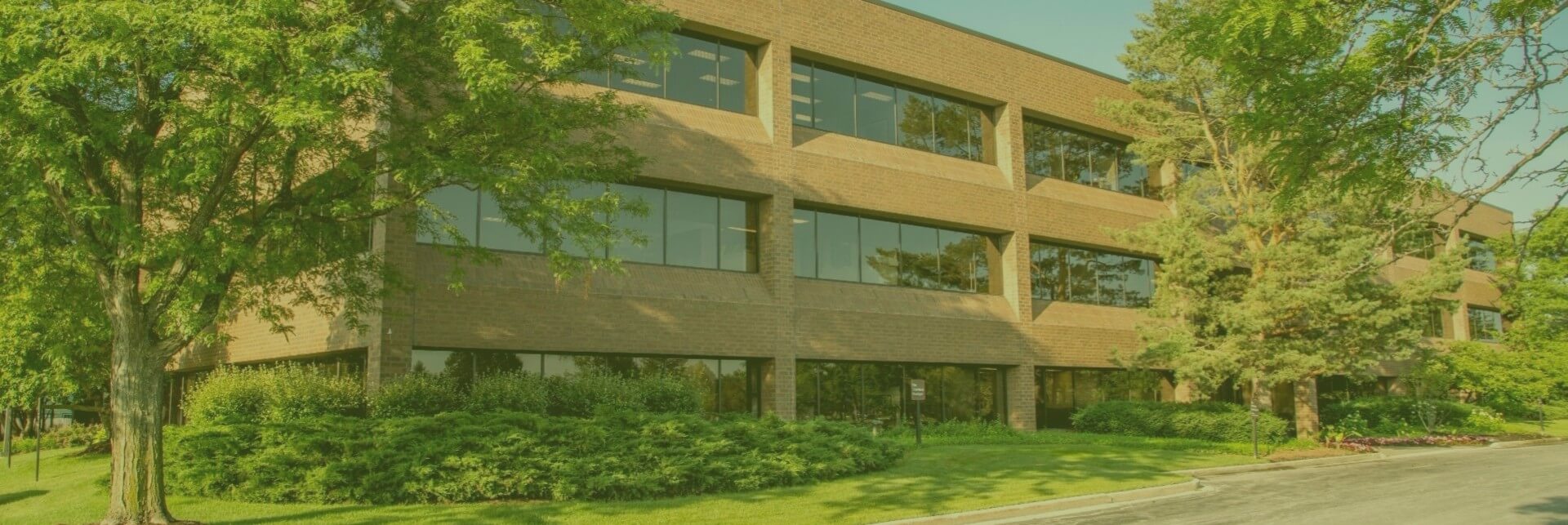18 May What You Need to Know About Homeowners Insurance

Home insurance protects against financial losses due to theft or damage in the home or to property. It also covers liability related to an injury that might occur on your property. When you purchase a home in Illinois, mortgage lenders require you to acquire home insurance.
Below, we examine the key items you need to know about homeowners insurance.
What Does Basic Homeowners Insurance Cover?
There are many additions you can add to your homeowners insurance coverage, but the basic policies include the following:
- Liability Coverage: This relates to injuries to another person or their property caused by a member of your household or a danger or hazard on your property.
- Medical Payments Coverage: For those who suffer injuries on your property, this covers medical payments to limit how much you pay in liability coverage regardless of who is at fault
- Property Coverage: Property refers to your home and other buildings on your property such as garages or sheds. This coverage relates to physical damage.
You can then choose add-ons called endorsements to enhance your home insurance coverage.
What Is Commonly Included in Property Coverage?
Property coverage for homeowners insurance usually includes some form of the following:
- Covered perils: This includes events that cause damage to your property such as fire or storms, and also theft.
- Additional living expenses: This coverage provides payment towards hotels and meals when you must leave your home while repairs are being made.
When it comes to homeowners insurance, how much money you receive for a claim can vary greatly. It is important to consider what limits and exclusions apply and how you might be affected based on your circumstances and the items you own that are kept on your property.
Is There Anything Not Covered by Homeowners Insurance?
Every insurance policy includes what they refer to as “exclusions.” Anything listed as an exclusion is not covered by your policy. Because insurance is intended for damages related to events such as fires or accidents, it is not designed to cover damage that happens over time due to wear and tear.
Although you might feel a sudden leak in your plumbing is an event, it is not accidental in nature. Insurance companies view this type of event as preventable. Therefore anything that occurs due to a lack of proper maintenance would be excluded. Additionally, any damage you or someone in your household causes either by accident or intentionally would not be covered.
How Does An Insurance Company Decide to Deny a Claim?
It begins with the points mentioned above, by establishing how damages occurred. However, they also review whether it makes more sense if the claim is filed under another policy. For example, if a storm occurs and damages a boat parked on your driveway, this would be covered by your boat insurance. Catastrophic events such as floods are not included, as they require special endorsements.
What Other Coverage Should I Consider?
You can choose to pay for optional endorsements to meet your own special needs. This might include:
- Personal property replacement costs
- Extended replacement cost coverage to rebuild your home if costs exceed your policy limits
- Refrigerated products
- Business insurance for home businesses
- Inflation guard to cover price increases in labor and materials
- Flood insurance
- Scheduled personal property for specialty items like computers, art, jewelry, furs, etc.
- Water backup and sump pump overflow
These are some of the more common endorsements. You can also ask your real estate attorney to recommend an insurance specialist who could assist with specifics that might apply to you.
If you liked this post, please follow us on Facebook and LinkedIn.




Sorry, the comment form is closed at this time.